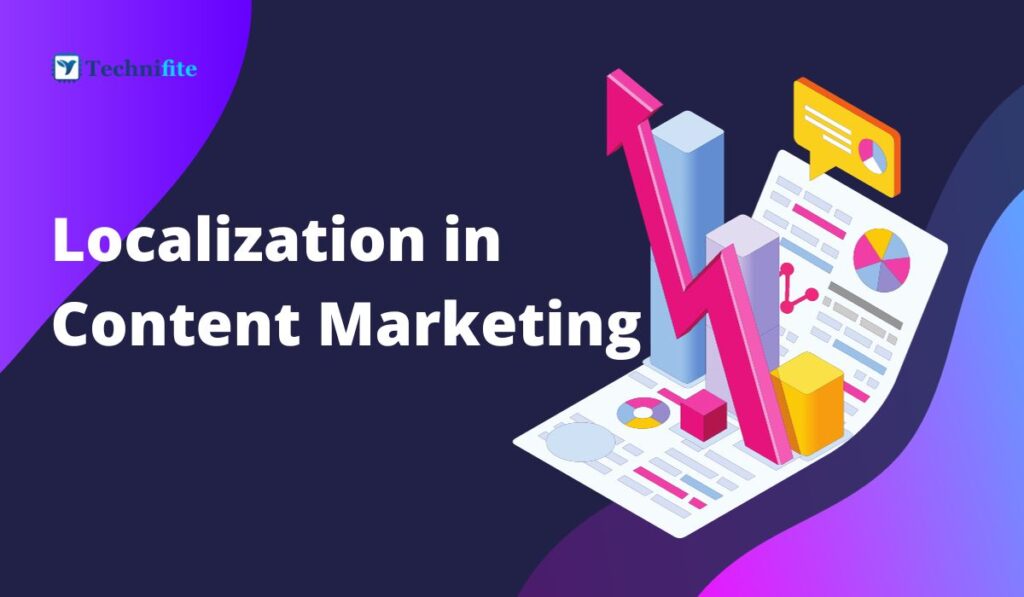Trends in Performance Marketing 2023: In the ever-evolving landscape of digital marketing, staying ahead of the curve is not just an advantage; it’s a necessity. Performance marketing, in particular, has been witnessing rapid transformations in recent years, driven by advancements in technology, shifting consumer behaviors, and the dynamic nature of online platforms. As we step into 2023, it’s crucial for businesses to understand and embrace the latest trends in performance marketing to create effective and impactful campaigns. In this comprehensive blog post, we will explore the most significant trends shaping performance marketing in 2023 and discuss what you need to know to stay competitive in this fast-paced digital environment.
1. Data-Driven Decision Making: The Core of Performance Marketing
Data has always been the backbone of performance marketing, but in 2023, it takes center stage. Advanced analytics tools and artificial intelligence algorithms are enabling marketers to collect, analyze, and interpret vast amounts of data in real-time. This data-driven approach allows for highly targeted and personalized marketing campaigns, ensuring that businesses can engage with their audience on a much deeper level. Marketers are now leveraging predictive analytics to anticipate consumer behavior, enabling them to tailor their strategies for maximum impact.
2. Rise of AI and Machine Learning in Optimization
Artificial Intelligence (AI) and Machine Learning (ML) algorithms are revolutionizing how marketers optimize their campaigns. These technologies allow for the automation of tasks such as A/B testing, ad placements, and audience segmentation. AI-driven tools can analyze enormous datasets and identify patterns humans might miss, leading to more efficient and effective marketing strategies. In 2023, businesses will increasingly integrate AI and ML into their performance marketing efforts, leading to higher conversion rates and improved return on investment (ROI).
3. Influencer Marketing 2.0: Authenticity and Long-Term Relationships
Influencer marketing continues to be a powerful tool for reaching target audiences. However, the landscape has shifted from one-time collaborations to long-term relationships. Authenticity is the key in 2023. Consumers are savvy; they can differentiate between genuine endorsements and paid promotions. Consequently, brands focus on building authentic, long-term relationships with influencers whose values align with their own. This approach fosters credibility and ensures a more loyal and engaged audience.
4. Interactive Content and Immersive Experiences
Interactive content is gaining momentum in the world of performance marketing. Consumers seek engaging and immersive experiences, and interactive content delivers precisely that. Interactive videos, quizzes, polls, and augmented reality (AR) applications are just a few examples of how brands capture their audience’s attention. These experiences enhance brand recall and encourage active participation, leading to higher conversion rates.
5. Privacy-First Approaches in the Post-Cookie Era
With increasing concerns about online privacy, major web browsers have phased out third-party cookies. This development has significant implications for performance marketers who rely on user data for targeting and tracking. In 2023, businesses are adopting privacy-first approaches, focusing on first-party data, consent-based marketing, and innovative techniques like contextual targeting. By respecting user privacy and building trust, brands can continue to deliver personalized experiences without compromising user security.
6. Social Commerce and Shoppable Content
Social media platforms have become more than just spaces for social interaction; they are now powerful marketplaces. Integrating e-commerce features directly into social media platforms enables users to shop seamlessly without leaving the app. Social commerce, coupled with shoppable content such as live streams and interactive posts, reshapes how consumers discover and purchase products. Performance marketers leverage these features to create a frictionless shopping experience, driving sales and brand loyalty.
7. Sustainability and Social Responsibility
Consumers today are not just buying products; they are buying into values. Sustainability and social responsibility have become significant factors influencing purchasing decisions. In 2023, performance marketing campaigns highlight a brand’s commitment to environmental conservation, ethical sourcing, and community engagement. Companies that demonstrate genuine social responsibility attract socially conscious consumers and build a positive brand image, leading to long-term customer relationships.
Conclusion: Embracing Change for Success
In the ever-evolving performance marketing landscape, adaptability and innovation are the keys to success. Embracing these trends in 2023 will help businesses stay relevant and foster meaningful connections with their audience. From data-driven strategies and AI optimization to authentic influencer relationships and social responsibility, performance marketing trends reflect a broader shift towards more personalized, engaging, and ethical marketing practices.
As a business, it’s essential to stay informed, be open to experimentation, and, most importantly, listen to your audience. By understanding their needs and preferences, you can align your performance marketing strategies with the trends of 2023, ensuring that your brand not only survives but thrives in this dynamic digital landscape.
Frequently Asked Questions (FAQs)
What is Performance Marketing, and How Does It Differ from Traditional Marketing?
Performance marketing is a comprehensive term that refers to online marketing and advertising programs in which advertisers (brands or businesses) pay marketing companies (like Google Ads, social media platforms, or affiliate networks) when a specific action is completed, such as a sale, lead, or click. Unlike traditional marketing, where success might be harder to quantify, performance marketing relies on measurable, data-driven results. Advertisers only pay when the desired action is achieved, making it a highly accountable and cost-effective approach compared to traditional advertising methods.
How Can Data-Driven Decision Making Improve Performance Marketing Strategies?
Data-driven decision-making involves collecting and analyzing data from various sources to guide marketing strategies. In performance marketing, this approach is invaluable. Marketers can gain insights into what works and what doesn’t by analysing consumer behaviour, preferences, and engagement patterns. This data helps optimise campaigns, target specific demographics, and personalise content. With accurate data, businesses can make informed decisions, allocate budgets effectively, and create highly targeted and impactful marketing campaigns.
What Role Does Social Commerce Play in Performance Marketing?
Social commerce refers to the integration of e-commerce functionalities into social media platforms. It allows users to browse, shop, and purchase products or services without leaving the social media app. In performance marketing, social commerce offers a seamless and convenient shopping experience. Marketers leverage shoppable posts, live streams, and interactive content to showcase products directly to potential customers, increasing sales and brand loyalty. It combines the power of social media influence with the ease of online shopping, making it a significant trend in digital marketing.
How Can Businesses Ensure Privacy and Security in Performance Marketing Strategies?
Privacy and security are paramount in performance marketing, especially due to increased online privacy concerns. Businesses can adopt several practices to ensure user data is handled responsibly. First, they can prioritize first-party data collection, obtaining user consent for data usage. Implementing secure, encrypted connections (SSL) on websites is crucial for safeguarding customer information. Additionally, marketers can embrace contextual targeting, focusing on the context of the user’s online activity rather than relying on personal data. By respecting user privacy and employing ethical data practices, businesses can maintain trust while delivering personalized experiences.
What Impact Does Influencer Marketing 2.0 Have on Brand Credibility and Audience Engagement?
Influencer Marketing 2.0, characterized by authentic, long-term relationships between brands and influencers, significantly impacts brand credibility and audience engagement. When influencers authentically endorse products or services over an extended period, it fosters credibility and trust among their followers. Long-term collaborations allow influencers to genuinely connect with the brand, enabling them to create more genuine, relatable content. This authenticity resonates with the audience, leading to higher engagement levels and a more loyal customer base. By building credible relationships with influencers, businesses can enhance their brand image and create a more engaged and trusting audience.


